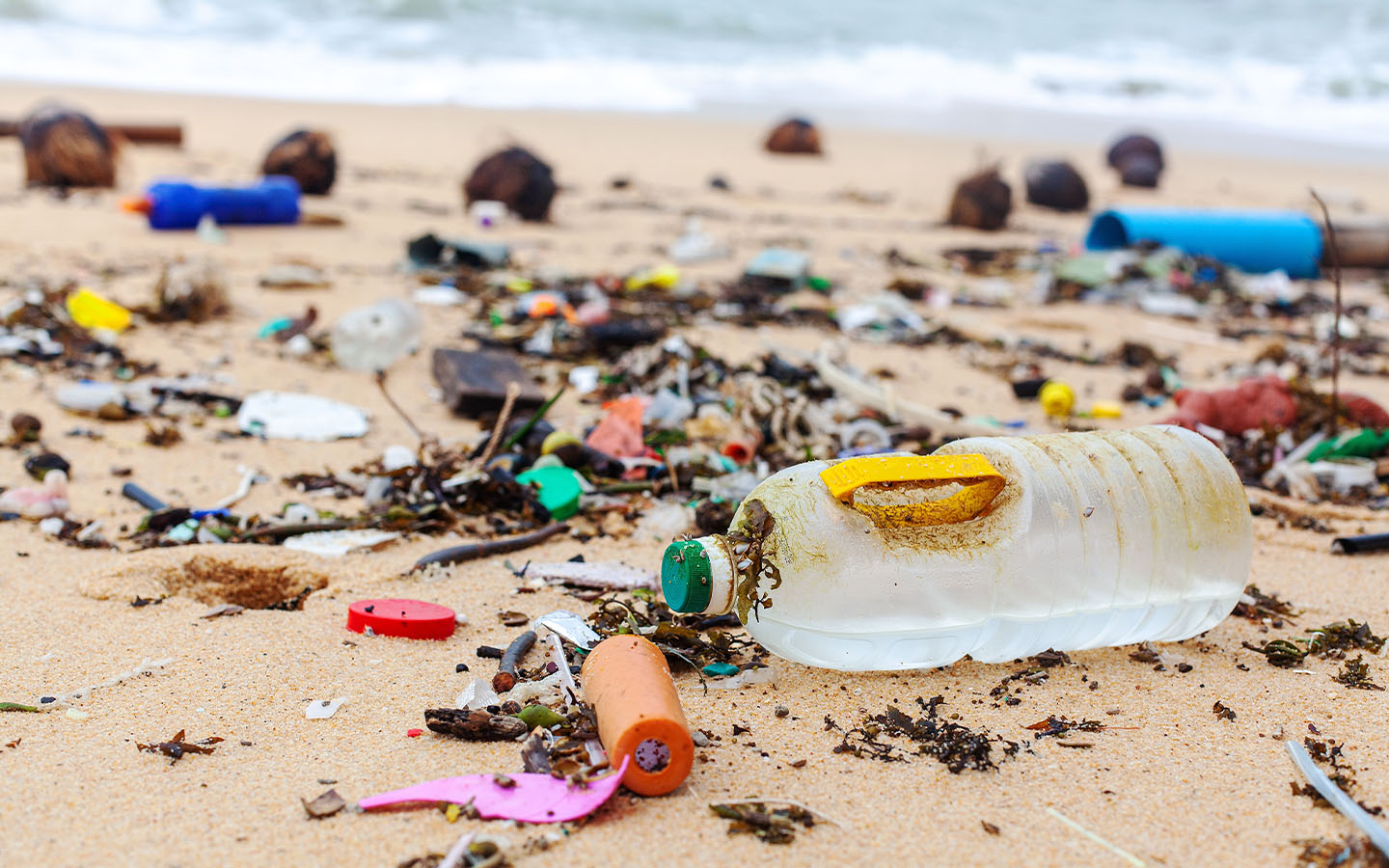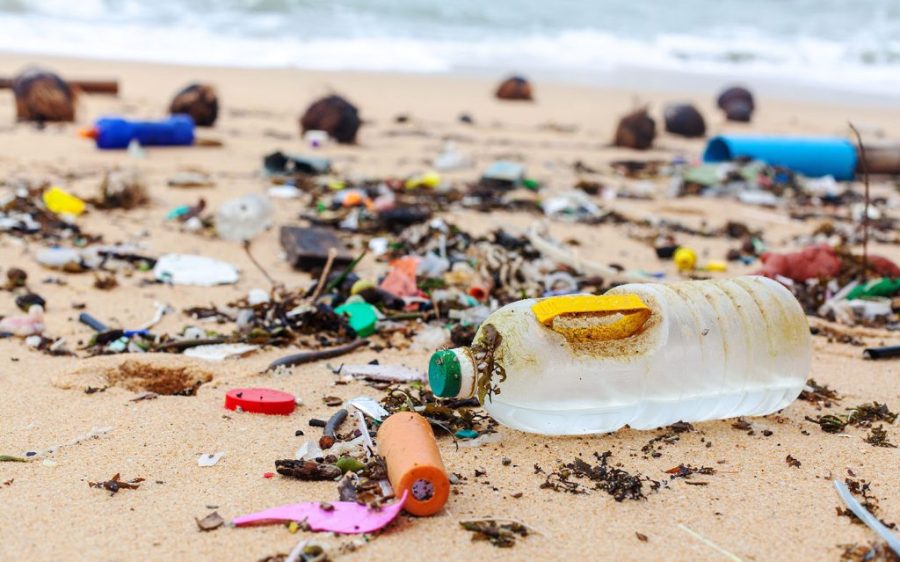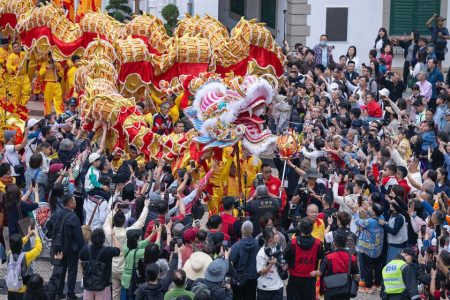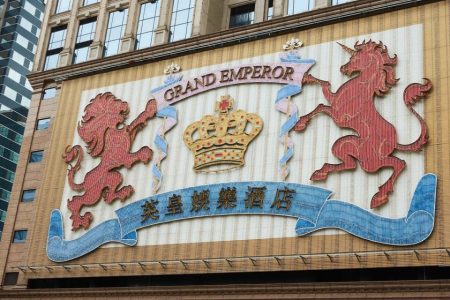Macao’s waters, coast and beaches are currently undergoing a major clean-up, after a recent bout of heavy rainfall and flooding in the region swept rubbish and debris from mainland China down the Pearl River estuary and into the city.
In a statement published yesterday, the Marine and Water Bureau (known by its Portuguese initials DSAMA) said that the rubbish carried into Macao is mainly plant material and household waste.
DSAMA teams have been cleaning up the trash floating around the waters of Macao. Meanwhile, a clean-up company has been contracted to remove the waste strewn across Macao’s beaches.
The authorities noted that more rubbish is expected to continue making its way into Macao in the coming week, and that some of this litter will end up on beaches and coasts due to the impact of the tides.
“This clean-up will continue for some time,” DSAMA said. It urged those in the maritime sector to take note of the surrounding environment when at sea. Residents planning to visit the city’s two beaches – Hac Sa Beach and Cheoc Van Beach – are advised to pay attention to the quality of the water and to check the bureau’s website or mobile app beforehand for the relevant details.
[See more: The amount of rubbish thrown away in Macao is on the rise]
The latest sampling data (from 26 June) indicates that the water quality of the two beaches is currently “satisfactory.” As of writing, the flag status for both venues was green, meaning that swimming is permitted.
Beach waste is not a new problem in Macao. The DSAMA reported that it had gathered roughly 80 tonnes of garbage from the sea and beaches at the end of last April.
Apart from marine litter, Macao is also dealing with other major waste disposal issues. Last year, the city generated 2.1 kilograms of daily municipal solid waste per person, an increase of 4 percent in comparison to 2023. This volume is higher than other major Chinese cities, including Hong Kong (1.44 kilograms), Shanghai (1.07 kilograms), Beijing (0.95 kilograms) and Guangzhou (0.89 kilograms).
Concurrently, the city has been struggling to find ways to dispose of its construction and demolition waste from its various infrastructure projects, with the government controversially suggesting that it be used to build an artificial island near Hac Sa Beach.
However, the contentious project appears to have been shelved for the time being, after the SAR government recently struck a deal with mainland China to have material that aligns with mainland standards to be disposed of in mainland waters.






